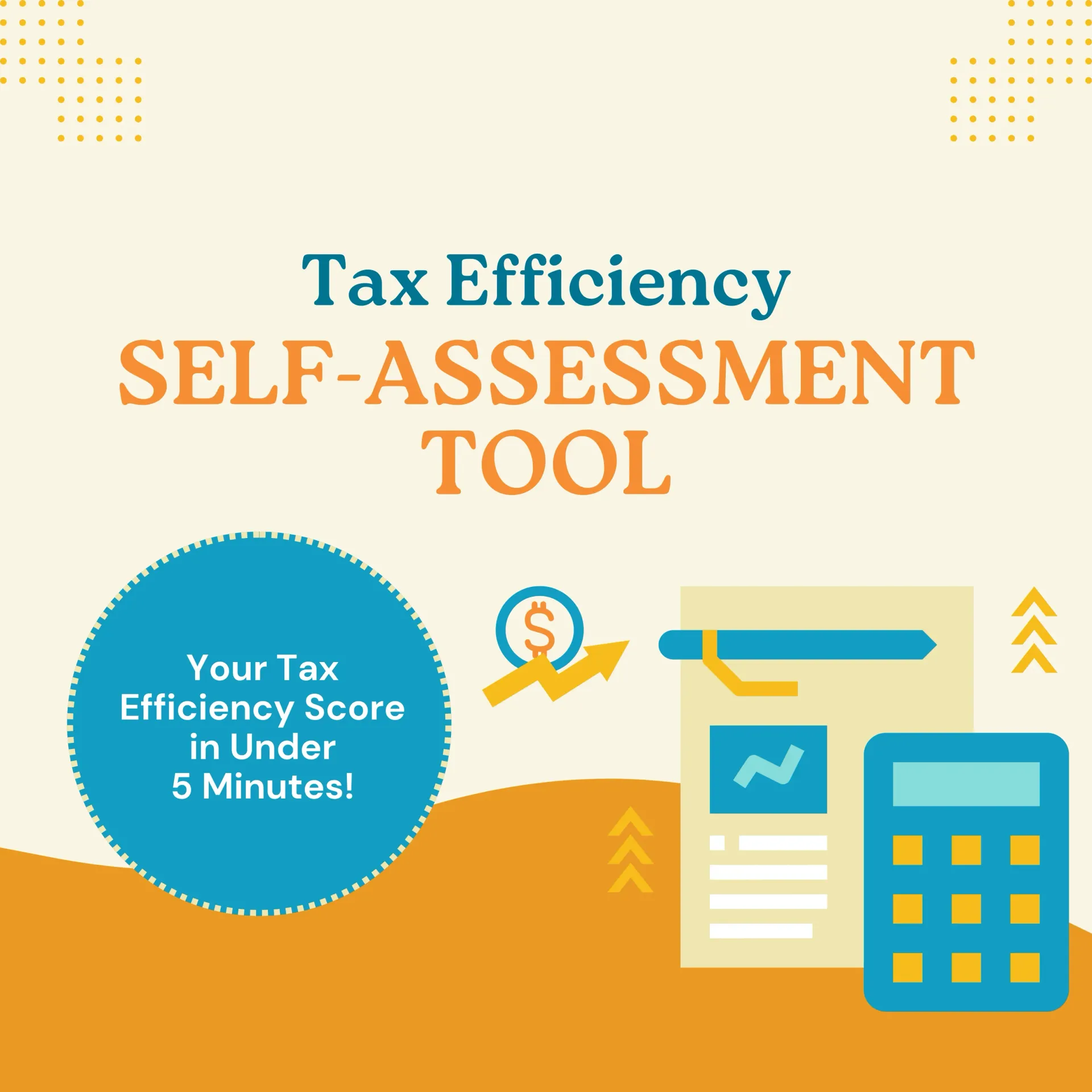Year-End Tax Planning Tips: Strategies to Save Before the Deadline

As the year draws to a close, many people find themselves in a familiar scramble, making last-minute plans to wrap up tasks before we welcome the new year. One of those tasks that often gets overlooked is year-end tax planning. Whether you’re an individual looking to reduce what you pay Uncle Sam in taxes or a business owner trying to maximize your deductions, there are plenty of strategies you can implement before the clock strikes midnight on December 31st.
Let’s dive into some actionable year-end tax planning tips that can help you reduce your taxable income and keep more cash in your pocket.
Understand Your Deductions
First things first, let’s talk about deductions. Deductions reduce your taxable income, which means you pay taxes on a smaller amount. For individuals, common deductions include mortgage interest, student loan interest, and medical expenses. If you’re self-employed or run a business, you can deduct expenses like office supplies, travel costs, and even a portion of your home if you have a home office.
Max Out Retirement Contributions
Next on the list is retirement contributions. If you haven’t maxed out your contributions to retirement accounts like a 401(k) or an IRA, now’s the time to do it. Not only do these contributions help secure your future, but they also lower your taxable income for the current year.
Pro Tip: For 2024, the contribution limit for 401(k) plans is $22,500 (or $30,000 if you're age 50 or older). Make sure you're taking full advantage of this if you can!
Take Advantage of Tax Credits
Tax credits are even better than deductions because they reduce your tax bill dollar-for-dollar. There are various credits available, such as the Earned Income Tax Credit (EITC), Child Tax Credit, and education credits for tuition and fees.
Defer Income Where Possible
If you’re self-employed or have control over when you receive income, consider deferring some of it until next year. This can be particularly beneficial if you expect to be in a lower tax bracket next year. Just be cautious—if you're receiving bonuses or commissions that you can control timing on, it might be worth waiting until January to receive them.
Example: A contractor I know often delays billing clients until January so he can push that income into the next tax year. It’s a smart move that helps him manage his tax liability effectively.
Bunching Deductions
Bunching deductions is a strategy where you time your deductible expenses so that they fall into one tax year rather than spreading them out over two. This is especially useful for things like medical expenses or charitable donations.
Real-Life Scenario: Let’s say you usually donate $1,000 to charity each December. Instead, consider donating $2,000 this December and skipping next year’s donation. This way, you can itemize deductions in one year rather than taking the standard deduction over two years.
Review Your Business Expenses
For business owners, reviewing expenses is crucial at year-end. Make sure you're capturing all deductible expenses related to your business operations—everything from office supplies and software subscriptions to travel expenses can add up quickly.
Tip: Keep detailed records throughout the year! Use apps or software that track your expenses automatically; it’ll save you time and headaches come tax season.
Consider Health Savings Accounts (HSAs)
If you're eligible for an HSA, consider contributing as much as possible before the end of the year. Contributions to HSAs are tax-deductible and can be used for qualified medical expenses. Plus, any unused funds roll over from year to year!
Plan for Capital Gains and Losses
If you've sold investments this year that resulted in capital gains, consider selling other investments at a loss to offset those gains. This strategy is known as tax-loss harvesting and can be an effective way to minimize your overall tax liability.
Tip: Just be aware of the "wash sale" rule—if you sell an investment at a loss and then buy it back within 30 days, the IRS won’t let you claim that loss.
Consult with Professionals
Finally, don’t underestimate the value of consulting with a
tax professional. They can provide personalized advice tailored to your specific situation and help identify strategies you may not have considered.
Discover Your Tax Savings Score in Minutes!


Salim is a straight-talking CPA with 30+ years of entrepreneurial and accounting experience. His professional background includes experience as a former Chief Financial Officer and, for the last twenty-five years, as a serial 7-Figure entrepreneur.




